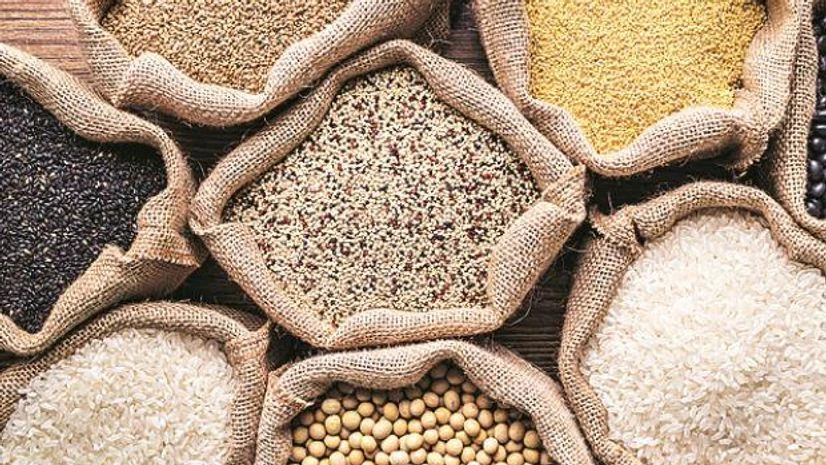The government is encouraging pulse cultivation, particularly 'arhar' and 'urad', in Naxal-affected districts and tribal areas of Jharkhand and Chhattisgarh to boost national production and increase farmers' income, according to a government official.
The initiative, focusing on non-traditional pulse-growing regions, is a pilot project that could be expanded nationwide if successful, potentially reducing India's reliance on imports.
The National Co-operative Consumers' Federation of India Ltd (NCCF), tasked with piloting the project, has identified four districts in Jharkhand and five in Chhattisgarh for implementation.
"We're promoting arhar and urad production this kharif season in selected Naxal-affected and tribal areas of Jharkhand and Chhattisgarh, including women farmers," NCCF Managing Director Anice Joseph Chandra told PTI.
Target districts include Rajnandgaon, Jashpur, Bastar, and Mohla Manpur in Chhattisgarh, and Palamu, Katihar, Dumka, and Garwa in Jharkhand.
Hybrid seeds have been distributed for the current kharif season. Farmers are being encouraged to pre-register on NCCF's e-Samyukti portal to sell their produce to the cooperative. Offline applications are available for less tech-savvy farmers.
More From This Section
The NCCF will procure harvested pulses at the minimum support price (MSP), but farmers can sell to private traders if market prices exceed the MSP.
"Assured buying will encourage farmers to expand cultivation and improve their income, while helping reduce India's pulse imports," Chandra said.
NCCF, which procures pulses for government buffer stocks, aims to source half its target quantity through this initiative.
The cooperative is also engaging in contract farming with pulses growers, offering them the option to sell to either NCCF or private traders.
(Only the headline and picture of this report may have been reworked by the Business Standard staff; the rest of the content is auto-generated from a syndicated feed.)

)